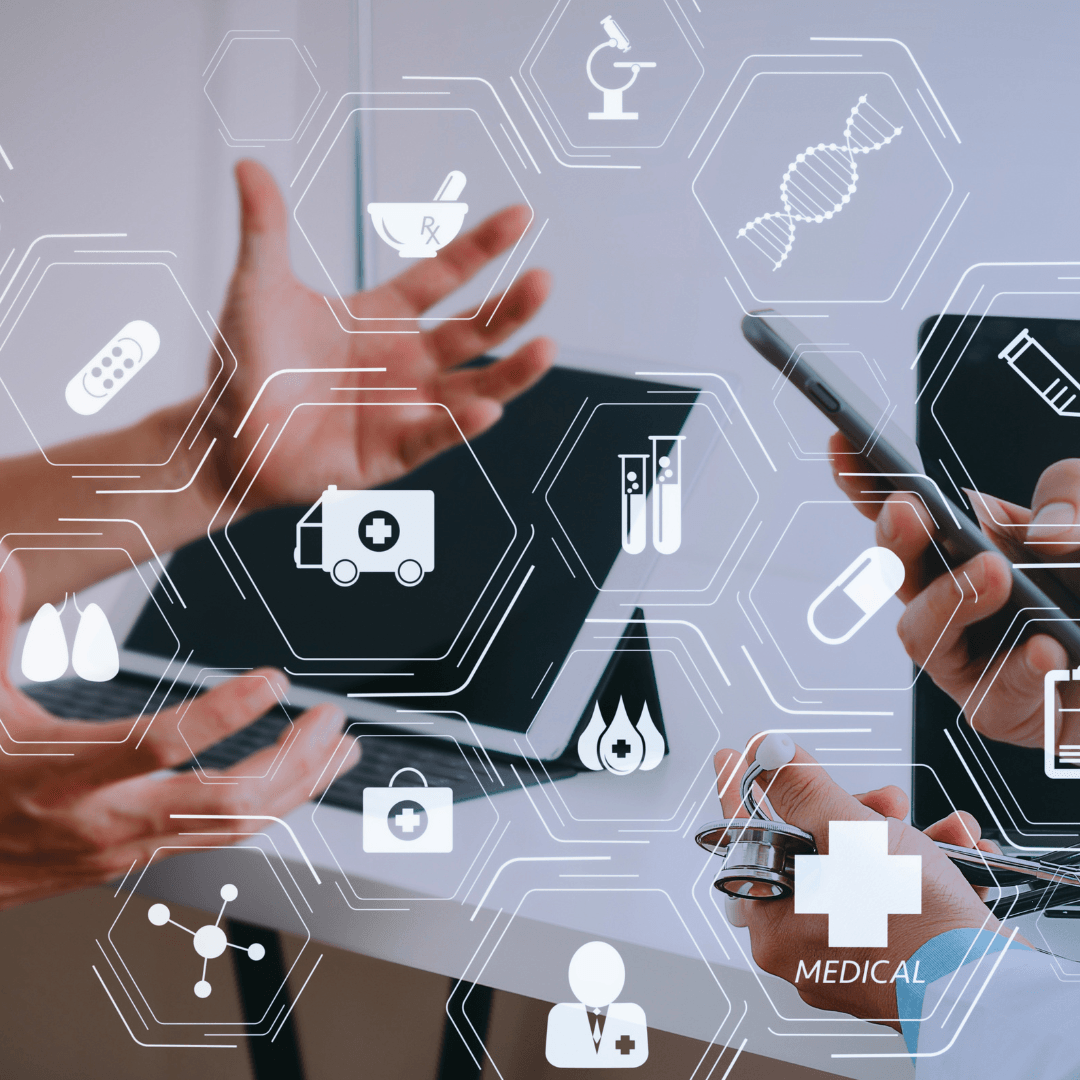
Author
Adopting Mobile Health (mHealth) Solutions
March 15, 2024
In recent years, the integration of mobile health (mHealth) solutions has revolutionized the healthcare industry, offering unprecedented opportunities to improve accessibility, engagement, and overall patient care. As technology continues to advance, healthcare providers are increasingly leveraging mHealth solutions to streamline operations, enhance communication, and empower patients in managing their health.
Understanding mHealth Solutions
Mobile health solutions encompass a wide range of technologies and applications designed to deliver healthcare services and information through mobile devices such as smartphones, tablets, and wearable devices. These solutions include mobile apps, remote monitoring devices, telemedicine platforms, and health-related wearables, among others.
Benefits of Adopting mHealth Solutions
- Improved Accessibility: One of the primary advantages of mHealth solutions is the ability to provide healthcare services remotely, breaking down geographical barriers and reaching underserved populations. Patients can access medical advice, consultations, and resources conveniently from their mobile devices, reducing the need for in-person visits and enhancing access to care.
- Enhanced Patient Engagement: mHealth solutions empower patients to take an active role in managing their health by providing tools and resources for self-monitoring, education, and communication with healthcare providers. Through mobile apps and wearable devices, patients can track vital signs, medication adherence, and lifestyle factors, leading to greater engagement and accountability in their healthcare journey.
- Streamlined Communication: Mobile health platforms facilitate seamless communication between patients and healthcare providers, enabling secure messaging, appointment scheduling, and virtual consultations. This improves efficiency in care delivery, reduces administrative burdens, and fosters a collaborative approach to healthcare management.
- Personalized Care: With the abundance of health data collected through mHealth solutions, healthcare providers can gain valuable insights into patients' health status and behaviors. This data allows for personalized interventions, treatment plans, and health recommendations tailored to individual needs, ultimately leading to better health outcomes.
- Cost-Effective Healthcare: By leveraging mHealth solutions, healthcare organizations can optimize resource utilization, reduce unnecessary hospital visits, and minimize healthcare-related costs. Remote monitoring and virtual consultations offer cost-effective alternatives to traditional healthcare delivery methods, benefiting both patients and providers.
Implementing mHealth Solutions in Your Practice
- Assessing Needs and Objectives: Identify the specific goals and challenges within your practice that mHealth solutions can address, such as improving patient access, enhancing communication, or optimizing chronic disease management.
- Selecting Appropriate Technologies: Choose mHealth solutions that align with your practice's requirements, considering factors such as scalability, interoperability, data security, and user experience. Collaborate with vendors and technology partners to customize solutions that meet your needs.
- Training and Education: Provide comprehensive training and education to healthcare staff and patients on the use of mHealth technologies, including proper device usage, data interpretation, and privacy protocols. Empower both providers and patients to maximize the benefits of these tools effectively.
- Ensuring Regulatory Compliance: Stay informed about regulatory requirements and compliance standards related to mHealth solutions, such as HIPAA regulations for protecting patient data privacy and security. Implement robust data encryption, access controls, and consent mechanisms to safeguard patient information.
- Monitoring and Evaluation: Continuously monitor the implementation and utilization of mHealth solutions within your practice, soliciting feedback from both providers and patients to identify areas for improvement. Evaluate the impact of these technologies on key performance indicators such as patient satisfaction, clinical outcomes, and operational efficiency.
Conclusion
Mobile health solutions represent a transformative force in healthcare, offering unprecedented opportunities to improve accessibility, engagement, and quality of care. By embracing mHealth technologies, healthcare providers can enhance patient experiences, optimize clinical workflows, and ultimately achieve better health outcomes for individuals and communities. As the landscape of healthcare continues to evolve, adopting mHealth solutions is essential for staying at the forefront of innovation and delivering patient-centered care in the digital age.
CONTACTS
Get in Touch
info@seedium.io
Office
Kesklinna linnaosa, Kaupmehe tn 7-120, Tallinn 10114, Estonia



